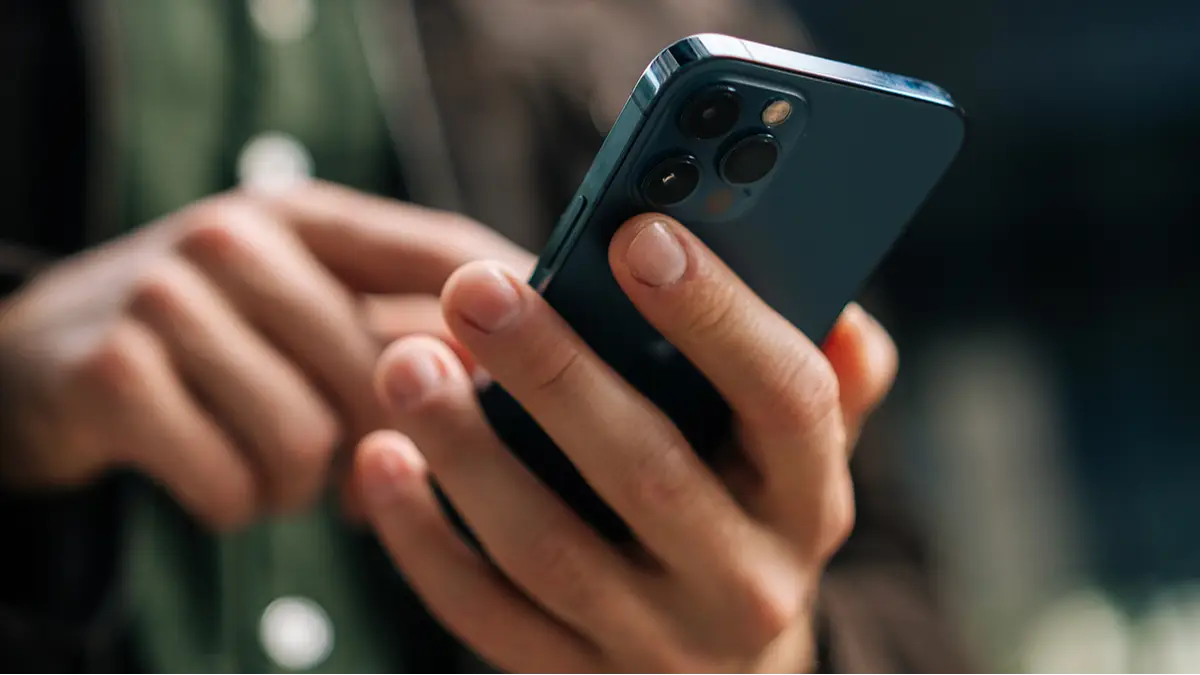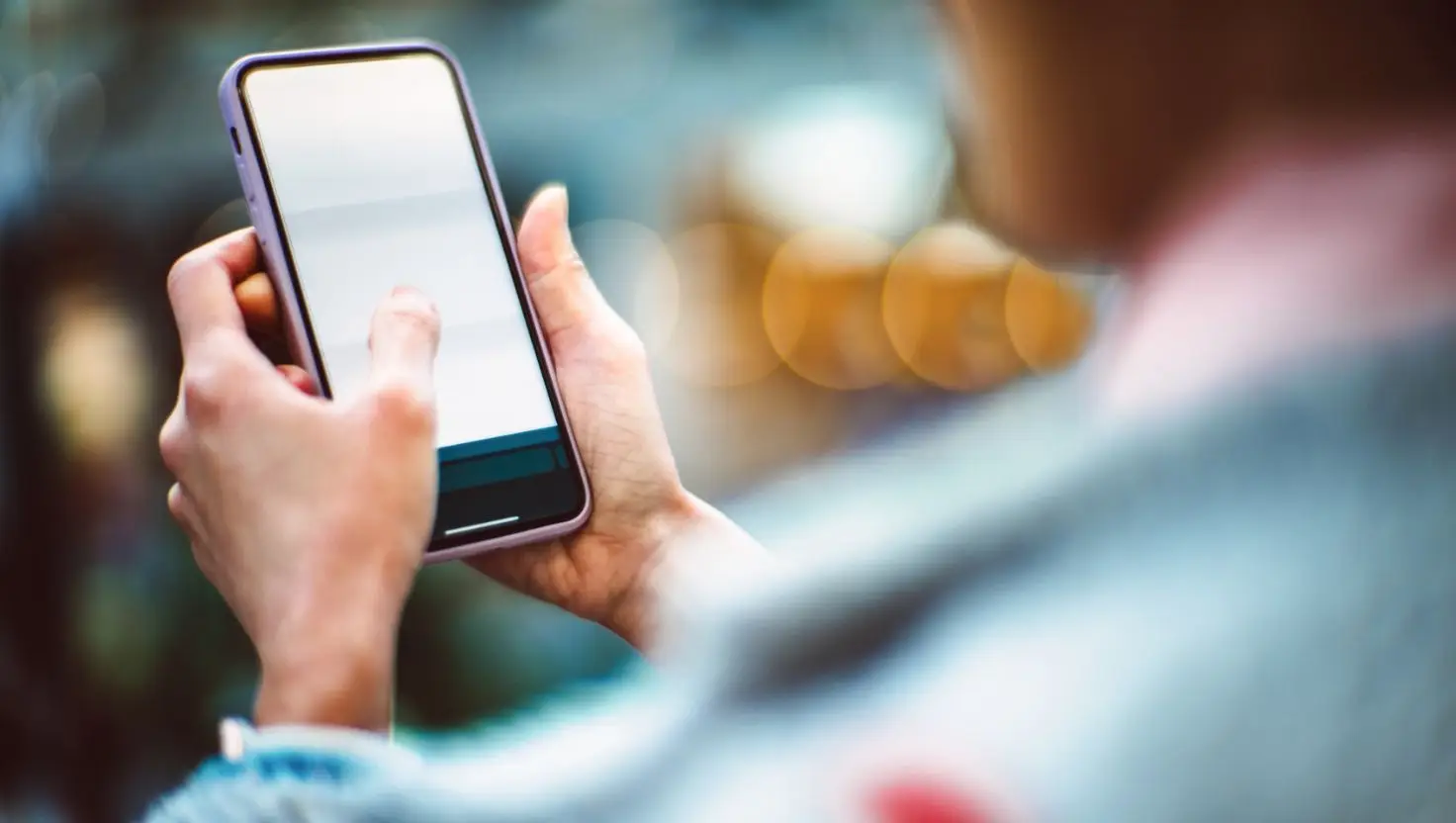
The FBI has issued a warning after a phone call scam, which saw thieves impersonating federal agents threatening arrest, continues to sweep across the United States.
In June, smartphone users across the United States were alerted that scammers were ‘spoofing FBI phone numbers’ in an attempt to siphon money from their bank accounts.
“Victims are tricked into thinking an arrest is imminent unless they send money,” the FBI Cleveland wrote on June 2, while the Nashville branch stated: “The FBI will never call you demanding money to get out of criminal charges.
“It’s a scam. Hang up and visit the FBI's ic3.gov to file a report.”
Advert
More than a month on, and Forbes has reported those warnings are being amplified once again, with both the Bureau of Alcohol, Tobacco, Firearms and Explosives (ATF) and US Marshals issuing statements.

The publication wrote that the ATF is ‘working with the FBI', which is actively investigating this scam.
“The public is urged to exercise caution and avoid sharing personal or financial information with unsolicited callers.”
In a public alert, the US Marshals Service (USMS) said: “The USMS will NEVER call you to collect money or resolve a court case.
“Hang up the report and call to your local FBI office.”
Unfortunately, it seems as if these phone scams are also attacking US citizens at local level, with New York State Police alerting people to an ‘ongoing phone spoofing scam’.
They say scammers are ‘impersonate members of law enforcement or government agencies in an attempt to solicit sensitive personal information from individuals across New York State and beyond’.

They added: “Phone number spoofing is a tactic commonly used by scammers nationwide to make it appear as if calls are coming from trusted agencies."
“These scams are designed to create confusion and fear, often leading victims to comply with demands or share information that can be used to commit further fraud.
The FBI has since warned that there are many variations of phone scams affecting states, including New York, Illinois, and Virginia.
However, the agency stated that all of them tend to ‘exploit intimidation tactics’, and that this can include everything from using police officers’ names to demanding funds for missed court appearances.
The Chesapeake Police Department in Virginia states that it isn’t just cybersecurity scams that people have to watch out for.
As per the Daily Mail, officials reported scammers asking to borrow cell phones to transfer money or access private information.
Following the uptick in phone scams, the New York State Police have put together a checklist on what to do if you ever receive a suspicious call.
They write that you should avoid providing the caller with any personal information and refrain from sending money or making payments under threat.
It’s also advised that you hang up immediately on any calls that don’t feel right and that you save any voicemails you receive for reporting the scammer later.
After hanging up and recording the number, you can then verify the call by contacting the agency directly using a trusted number.
Topics: US News, Crime, Police, New York, Technology, Phones
